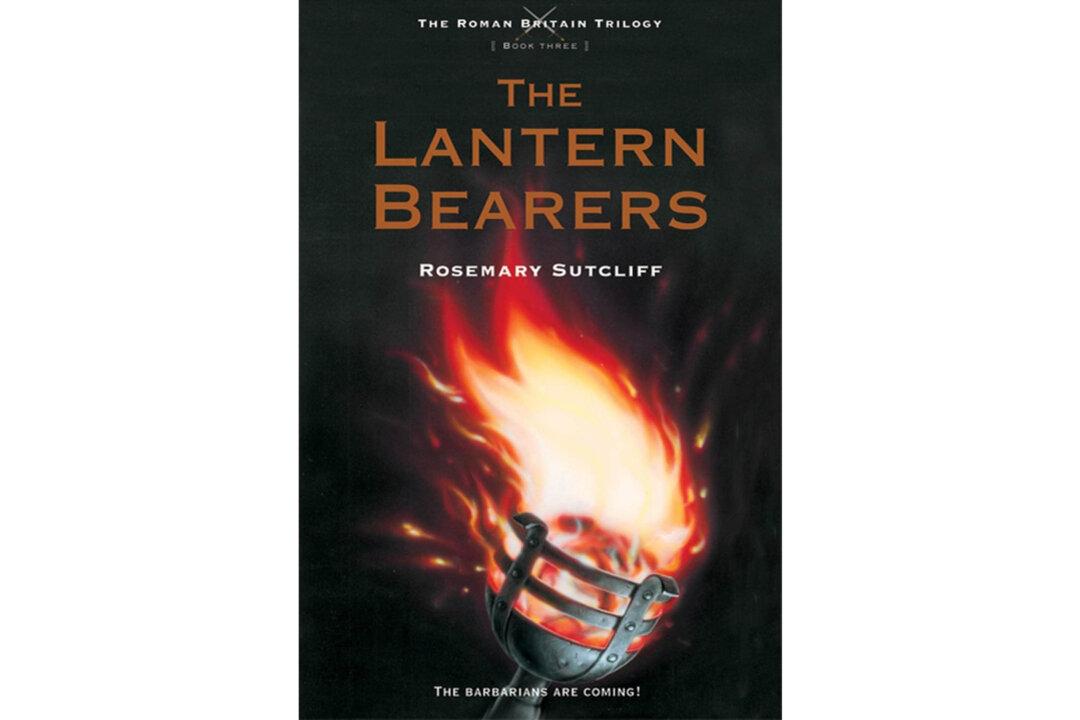What do you do when you have to choose between loyalty to family and loyalty to country?
Rosemary Sutcliff used this question to drive the plot of her 1959 historical novel “The Lantern Bearers,” winner of the Carnegie Medal that same year. Though written for children and adolescents, the novel has more than enough sophistication and depth to be a worthwhile read for adults. I first read the book as a young teen and then again as an adult, and I find it moved me and spoke to me even more the second time around.






